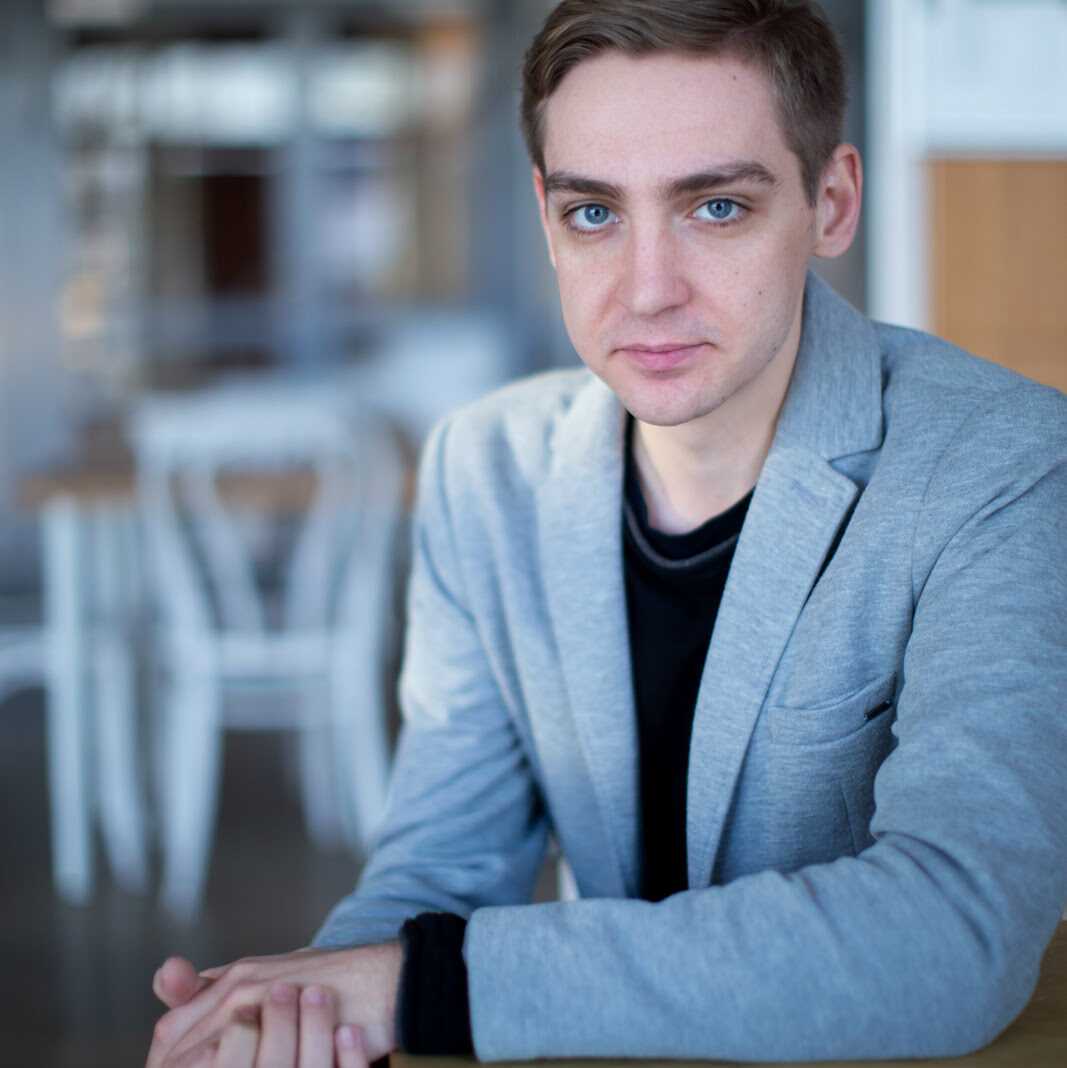How did you become involved with LGBTI activism?
I started back in 2011 when I was away from Poland studying in Slovenia and I found out there was a national demonstration in Poland. LGBTI activists were trying to block legislation and some people got hurt. I started researching the organization that developed around LGBTI issues and I came across the Campaign Against Homophobia (KPH). I started volunteering in a project related to homophobia in courts and how journalists write about LGBTI issues. More and more I started to take care of the education section of the organization until 2018 until hired as the executive director of the organization.
What do you see as the heart of KPH?
The central core of the organization is to serve the people of the LGBTI community in Poland and for them to become the agents of the change on social and legal levels. We’re seeing ourselves as a platform that provides the tools for different groups, using which they can to improve their situations and react to homophobia or transphobia they’re facing or their family members are facing.
What’s the legal situation and political climate in Poland?
When it comes to the legal situation and LGBTI legal protection, it’s among the worst in the EU. ILGA Europe’s Rainbow Index map compares the legal situation of LGBTI people in Europe and Asia, and for many years Poland was in one of the last places. For the last four years, the LGBTI community has been facing a very horrible backlash. We have become the number one topic of hateful rhetoric from conservative politicians and it’s been like this up until the presidential campaign this year. However, the more the hateful rhetoric is happening on the public media from the politicians, the LGBTI community becomes more resilient and joins together.
What’s changed since the organization was founded? How has KPH evolved in the work that it does and developed different areas of focus?
Ten years ago we started just a community organization where we just networked, and it’s now focusing on advocacy on the national level. We empower local chapters to become independent organizations, and the organizations are active and robust now and work with their own techniques. It’s a success story of how KPH changed over the years. We are still here to support the community: to make sure everyone is protected and that they know how to use the legal tools that they already have to better the situation on the ground. There were a couple of areas we were working on that we do less of now because we saw that we needed to give a sense of agency to the people. One example of such work is our group for parents of LGBTI people. Eight years ago we started workshops and now it’s a very visible, very vibrant, robust part of the movement and they have their own NGOs. We’re also focusing on trying to build the movement of intersex people and trans activists that were not visible in Poland before and now.
How will donations be used to impact and benefit your organization?
We will continue to work towards helping the LGBTI community to be their own agents of change. One major way that we support them is from a legal standpoint. Our legal team has a lot more things to do now. We are in a situation which was unthinkable a couple of years ago: that now we can represent people in court who were arrested. Donations are particularly helpful now in supporting our legal team representing people and arguing against anti-LGBTI bills.
You can support KPH with a donation at https://wspieraj.kph.org.pl/

